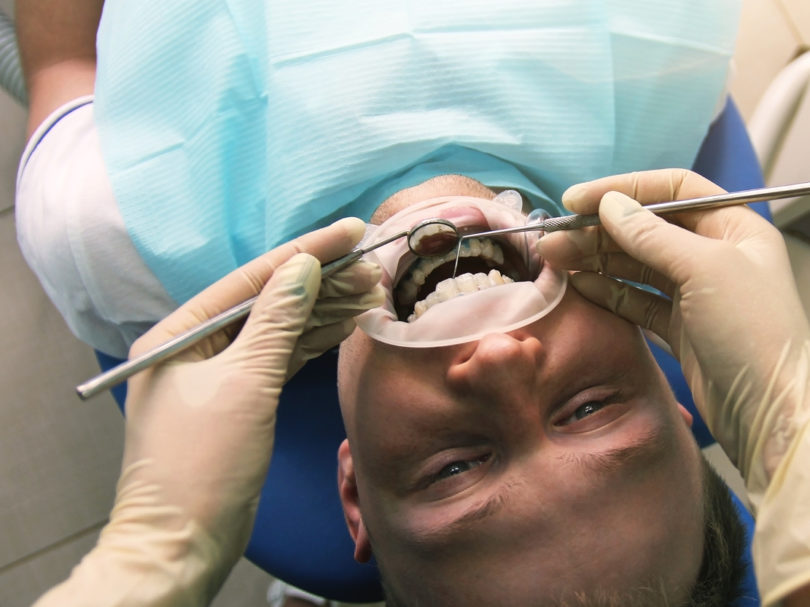Fluoride is a mineral naturally found in food and water. 70 years of well-documented studies prove that fluoride is extremely beneficial in the prevention of dental decay by keeping teeth strong. There are two methods used to receive fluoride:
- A topical method: This involves direct application to the teeth via toothpastes, rinses, gels and varnishes. This is very important in the prevention of decay of erupted teeth for both a child and adult.
- A systemic method: One swallows fluoride via a fluoridated water supply (0.7 parts-per-million is the standard), supplements and food. The body uses this fluoride during tooth formation stages by being added to the enamel layer (the outer protective layer), creating a stronger, more decay-resistant tooth. During certain tooth formation stages (children 6 months – 8 years), too much fluoride if swallowed can cause dental fluorosis. Dental fluorosis, though not harmful to teeth, can be a cosmetic issue as it exhibits brownish or yellow spots on the outer layer (enamel) of the teeth.
Systemic fluoride is also contained in saliva, which continuously washes over teeth helping to neutralize acids from certain foods, and drinks we consume. Once the teeth have erupted, fluoride in any amount will not cause harm or discoloration to the teeth.
The benefits of fluoride to your teeth far outweigh any harmful effects.



